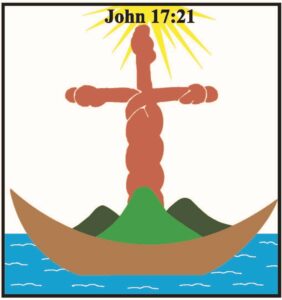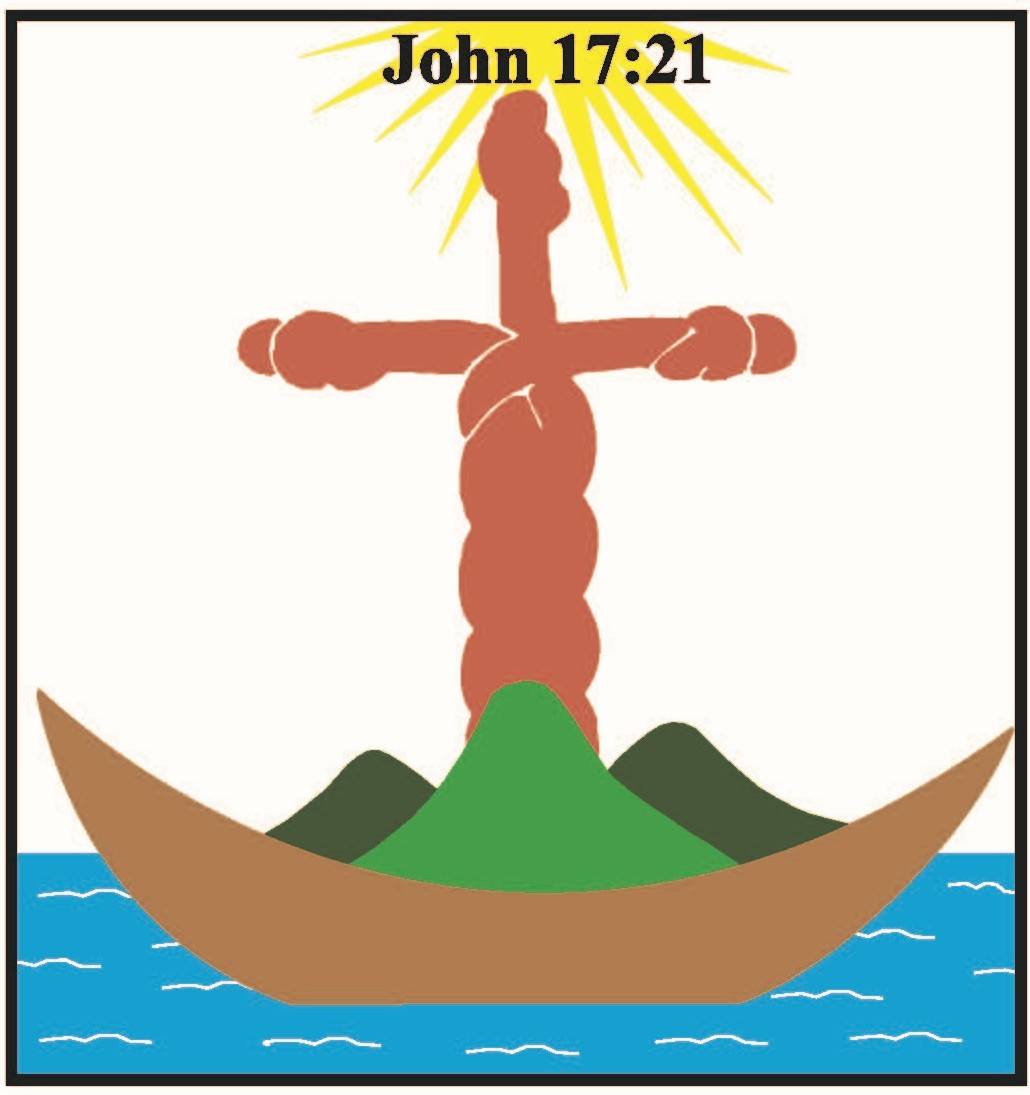Training Program in Active and Participative Pedagogy for Teaching and Administrative Staff
This program was designed in a very difficult period following the 1994 genocide. Children, young people, adults, in short all categories of people from all professions had problems as a result of the said genocide and the war that began in 1990.
The already disintegrated Rwandan society in general had problems finding and rebuilding itself physically, economically, socially and morally. The damage caused was so severe that the consequences are still numerous and profound.
We are witnessing a complex situation in our country and in education in particular which requires the introduction of democratic methods, openness, communication, strengthening of individual and interpersonal trust, privileging the activity and participation of children in class.
Our training program for teaching staff in active and participatory pedagogy aims to promote these elements and contributes to improving the working climate at school on a social, psychological and moral level.
It is in this spirit that the Protestant Churches, through the BNEP, have initiated such a training program which was implemented thanks to the know-how and insight of Mr. Christian Grêt. This program therefore aims at the education and empowerment of each and every one by introducing concepts and practical tools of methodology, communication and openness.
Active and participatory pedagogy
The training
The three-week PAP training sessions for teachers are held during the holidays on the themes of pedagogy, psychology, methodology and communication, while for administrators it is according to their availability and convenience; they have seminars and conferences on counseling, school management, the quality of Protestant education.
Monitoring
Monitoring is done by BNEP staff. BNEP has a goal that trained teachers are visited in their classes.
The assessment
The evaluation of the program is carried out at specific periods by a team of experts identified and agreed by the partner in collaboration with the Protestant Council of Rwanda (CPR).
The collection, entry and management of school statistics for Protestant Education.
The BNEP has a statistics management software that helps to establish a Protestant Education database system. This system is under construction and a first version of our database is already available. But a challenge is still present. That of having an effective system for collecting consistent and reliable data in schools.
The 684 schools of the Protestant Churches, including 42 nursery schools, 552 primary schools and 90 secondary schools, currently have respectively 68 teachers and 2324 children, 5872 teachers and 429 758 pupils, 1370 teachers and 38 362 pupils.
It is a great challenge for the National Bureau of Protestant Education to be able to train all these teachers in active and participatory pedagogy.
We therefore set ourselves qualitative and quantitative objectives to be achieved within a period of three years (from July 2007 to June 2010) that will last the current phase of our program.
- After three years (2007-2010) at least 700 primary school teachers will actually be trained in 3-week sessions.
- At least 300 primary school teachers will be initiated into the simple mentoring and assisted mentoring system
- Thus, after three years, at least 70,000 primary school pupils will benefit from active and participatory teaching.
- At least 100 secondary school teachers will actually be trained in PAP in a three-week session
- After 3 years, at least 60 kindergarten teachers will actually be trained in PAP in a three-week session
- The social atmosphere at the school where teachers are trained is harmonious, friendly and inclusive.
- The moral and professional motivation of teachers and the development of students in their learning are “lived” and visible at school
- Students who benefit from PAP take responsibility for the smooth running of the class and the school
- Parents are involved in the smooth running of schools, particularly in schools that apply PAP, for a better education of their children.
The training
The three-week PAP training sessions for teachers are held during the holidays on the themes of pedagogy, psychology, methodology and communication, while for administrators it is according to their availability and convenience; they have seminars and conferences on counseling, school management, the quality of Protestant education.
Monitoring
Monitoring is done by BNEP staff. BNEP has a goal that trained teachers are visited in their classes.
The assessment
The evaluation of the program is carried out at specific periods by a team of experts identified and agreed by the partner in collaboration with the Protestant Council of Rwanda (CPR).
The collection, entry and management of school statistics for Protestant Education.
The BNEP has a statistics management software that helps to establish a Protestant Education database system. This system is under construction and a first version of our database is already available. But a challenge is still present. That of having an effective system for collecting consistent and reliable data in schools.
4. Beneficiary Groups
The beneficiary groups remain primarily teachers and directors of nursery schools, primary schools and secondary schools.
The target groups targeted by the programme are:
- Kindergarten teachers
- Primary school teachers
- Secondary school teachers, particularly those from the two Protestant TTCs who are responsible for the initial training of primary school teachers
- Religion teachers for PAP based on the content of the religion course
- 30 Official Directors in charge of education in the 30 administrative districts of the country (they must support, sustain and encourage our teachers trained in the practice of PAP), an information-awareness session
- Administrative staff of Protestant Education:
- The Heads of the Churches
- Representatives of Protestant Education in the administrative districts
- Education leaders in churches.
Direct and indirect beneficiaries cover various areas. We can classify them synoptically as follows:
- Primary and secondary school students and kindergarten children
- Parents of current and potential students of Protestant Education
- CPR member churches that will be able to achieve their educational vision and goals through the impact of the program
- Rwandan society in general, from which people from all beneficiary groups emerge and which receives positive repercussions from the program
- All staff and their families who will work in the program thanks
- Positive communication techniques acquired in training
- All institutions/training centers that will host training sessions of the program
- All companies and individuals who will provide services to the program for its activities and/or material needs.
The PAP training program includes the following structure:
1. Teachers in service
Teacher training goes through different stages that all contribute to strengthening the skills acquired in PAP.
The content of PAP training is determined and recorded in a document called a “portfolio” in the form of themes (more than eighty themes). The initial portfolio was designed by the main trainer of the program, Mr. Christian Grêt. Principals in training do not have the chance to do the third week of practice.
Here are different stages of training for teachers in service
- Basic teacher training. Duration 3 weeks, the 3rd of which is reserved for practical lessons in real class
- Educational monitoring of the teacher in his class
- Creation of an educational file
- Test lesson (lesson given by the teacher and graded)
2. Training of trainers
Candidate trainers of trainers are recruited from among the best elements in PAP of primary or secondary school teachers or directors. Different stages of training of trainers of trainers:
- Training in communication and animation
- Study, exploitation, mastery of the Portfolio
- Training practice with adults (teachers)
- Support and supervision by the main trainer
3. The administrators
The Directors of secondary schools, the prefects of studies, the prefects of discipline, the representatives, etc., the religion teachers are invited and trained on specific themes that each category needs as a priority to fulfill its functions. The Legal Representatives of the member churches of the CPR and their wives, have a retreat every year on a priority theme for the improvement of Protestant education.
The representatives, have their meeting every quarter to update the situation in our schools. The directors of education in the districts also held their workshop seminar to make them aware of the PAP in schools and its importance.
Constraints/Difficulties
Difficulties and constraints encountered in the implementation of the PAP The difficulties and constraints expressed by the beneficiaries are:
- Inadequate timing and classroom space
- Lack of laboratories and/or school equipment
- Lack of school textbook,
- Very tight schedule
- Overcrowded classes,
- Parents who do not participate in school life,
- Instability of school staff,
- Lack of financial means
- Active and Participative Pedagogy:


